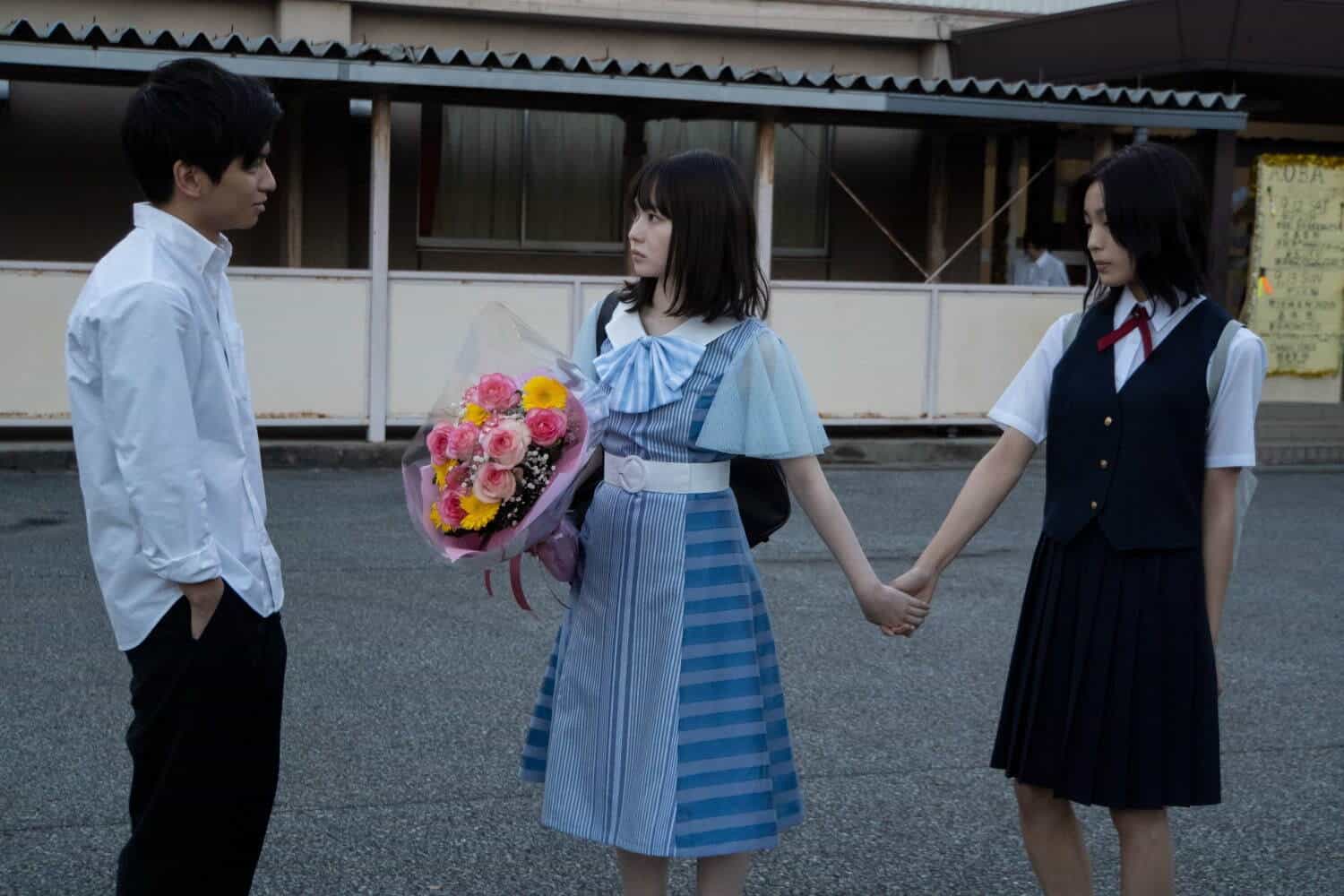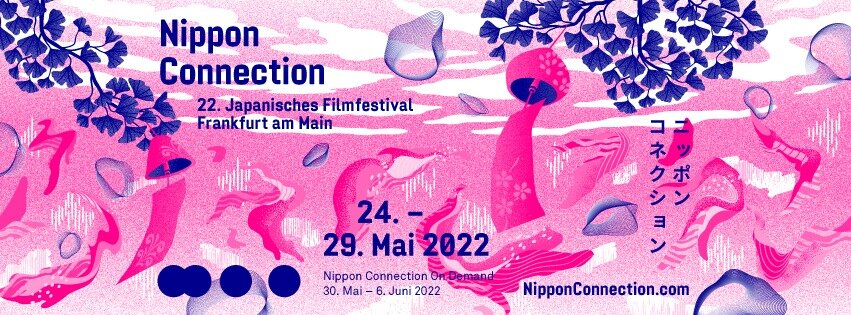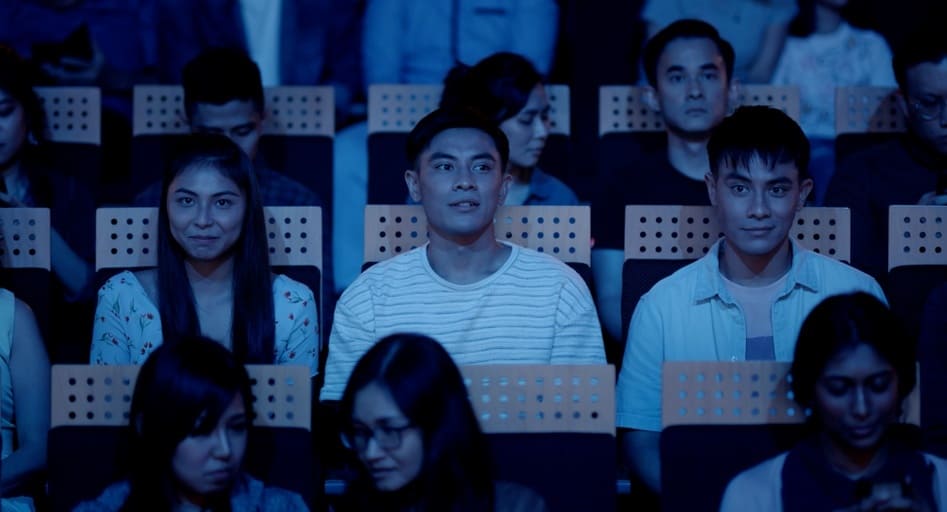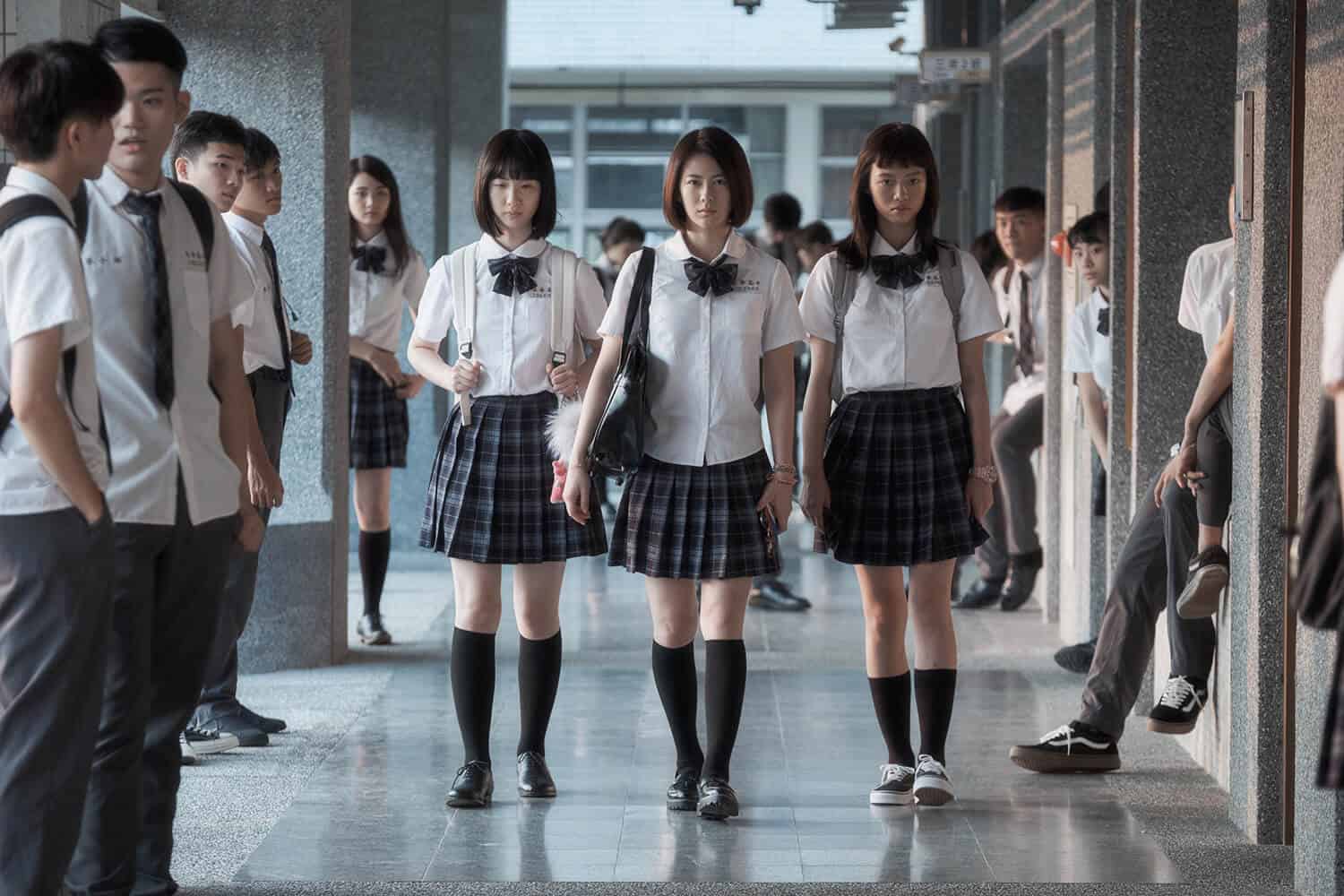Rin Shuto is a Japanese director and screenwriter who has been working on several projects, feature films as well as documentaries since graduating from Waseda University. In 2016, she directed her first short titled “Mata Isshoni Neyo Ne”, which was awarded at PIA Film Festival. One year later she made her first feature with “Please Don't Go Anywhere” which also won many awards at Moosic Lab 2017. “Unlock Your Heart” is her second feature, which recently received the Nippon Visions Jury Award.
On the occasion of “Unlock Your Heart” being screened at Nippon Connection 2022 for the first time internationally, Rin Shuto talks about the themes of her feature, the character of Ai and shooting erotic scenes.
Why did you decide to adapt Risa Wataya's novel? Do you identify with any of the main characters?
I read the novel when I was 17 years old, the same age as the main character in the story. I felt really close to Ai and had a feeling I understand what she is going through.
At that time I was at university and looking for stories to turn into a feature, and as soon as I finished the novel, I wanted to direct it.
The film seems to make an accusation towards parents and the school environment. Can you elaborate on these concepts and why you choose to also include one mother (Miyuki's), who actually has a very good relationship with her daughter?
In the novel, the character finds acceptance and goes through an experience, me, as a reader, never had to go through, and I wanted to capture this story, and the possibility of it happening to me perhaps at some point in my life.
When it comes to the relationship with the mother and the daughter, they can rely on each other, but when it comes to personal issues, they remain secretive. I wanted to depict this kind of relationship realistically.
The tree the students are building seems like a sort of symbol. Can you elaborate on this concept?
The tree shows some kind of passion and focus. It derives from Origami versus just randomly folding a piece of paper. The latter might also come out tree-shaped, depending on method, but when using techniques of origami, it not only resembles a tree, but also the two qualities I mentioned before. When people observe the former, they might only perceive a tree, however, with the latter, they might also witness the kind of passion and focus that went into it.

Could you also say something about the casting of Anna Yamada who plays the character of Ai?
At the beginning of the film, there is a scene showing Ai as part of a group of cheerleaders, a symbol associated with American culture. I wanted someone who could play that part, but who could also represent that side of her believably.
The movie also include a series of erotic scenes. How did you approach these with your two actresses?
These scenes show not only a physical connection between the characters, but also the contrast of Ai, who is open mentally, and Miyuki, who is open physically and sexually. I wanted to depict how these contrasts meet and finally supplement each other in a way.
The shooting of these scenes took place at the final days of filming, after the actresses had been through the same journey as their characters, so that the physical union seemed not that awkward or out of place.
How was your collaboration with your DP Hiroshi Iwanaga and what was your purpose in the visual aspect of the movie?
Before the shooting, Hiroshi and I had long discussions about the look of the film and its themes. I wanted a visual style which would emphasize the elements of the story and what the characters were going through. We created a plan, a storyboard for the various shots and the framing of each of them and stuck mostly with it during the shooting process.
What is your opinion of the Japanese movie industry at the moment?
It is getting somewhat better when it comes to original stories, even though they are still quite rare in comparison to other cultures. However, they are mostly based on other people's works, mostly manga. With the success of director Ryusuke Hamaguchi and features such as “Drive My Car”, there is a hope that original stories or adaptations as that one will be more frequent now in Japan.
Thank you for the interesting conversation.
















